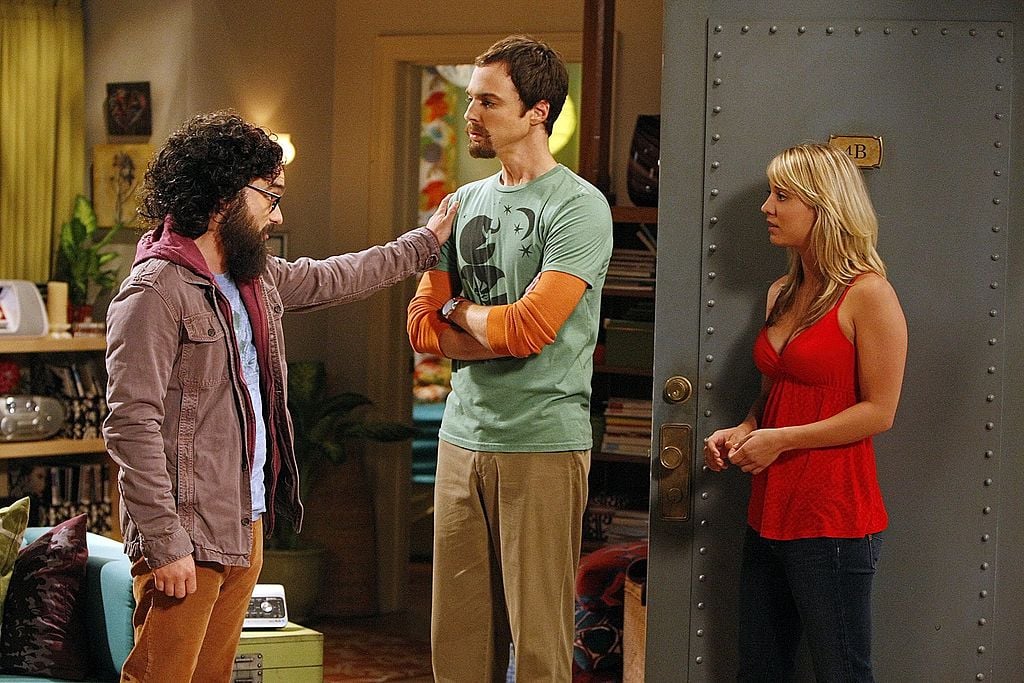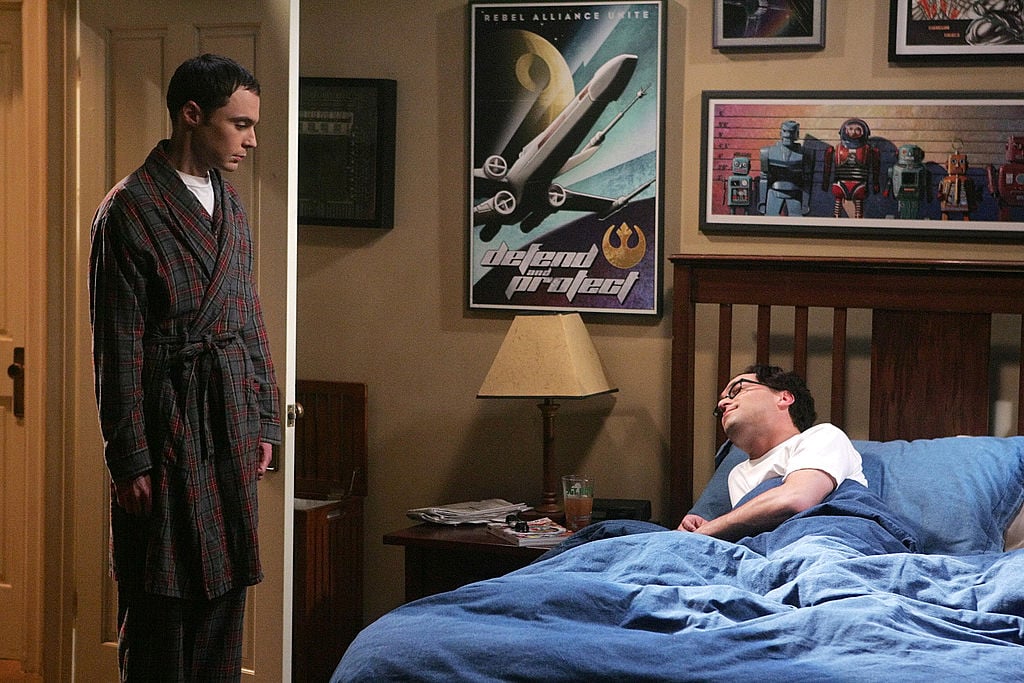‘The Big Bang Theory’: Fans Have a Wild Theory About Leonard and Sheldon’s Friendship
Sheldon Cooper was difficult. Sheldon’s eccentricities caused his friends and his roommate, Leonard Hofstadter, a good deal of discomfort and pain during The Big Bang Theory’s 12-season run. In fact, Sheldon was so difficult that many fans wondered exactly what made Leonard stick around all that time, especially when you consider the fact that neither Sheldon nor Leonard really need a roommate for financial reasons. A Reddit fan has a pretty wild theory about exactly why Leonard maintained his roommate situation long after he was financially stable, and we have to admit, it makes a lot of sense.
How did Sheldon and Leonard become roommates?
When fans first met Sheldon, Leonard, Raj Koothrapali, and Howard Wolowitz, the foursome was an established friend group. Sheldon and Leonard had been living together for some time, and Howard and Raj were good enough friends, at that point, to have developed a solid bromance. In fact, Sheldon and Leonard had been living together for long enough for Sheldon to be almost entirely dependent on Leonard, and for Leonard to be utterly numb to Sheldon’s wild requests.

Considering how strange Sheldon was, the pals became roommates in a pretty organic way. As explained on the show, Leonard answered an ad Sheldon had placed. Sheldon was in need of a roommate, not for financial reasons, but rather to drive him to and from work. His previous roommate clearly found him too laborious.
Did Leonard Hofstader just need someone to take care of?
Leonard and Sheldon’s friendship was rife with tension. Leonard never seemed to live up to Sheldon’s expectations, even though he often went above and beyond for him. Some fans think Leonard’s troubled upbringing was the reason he stuck around for so long. During the show’s run, fans met Leonard’s brilliant but cold mother. She was, essentially, the older, female version of Sheldon. The relationship between Leonard and his mother has led many fans to believe that Leonard was conditioned to seek validation from difficult people.

In short, some fans argue that Leonard’s low self-esteem, brought on by living with a mother who was never satisfied with his accomplishments, led Leonard to seek out someone to take care of. Sheldon, who was also brilliant, wasn’t capable of even the most mundane tasks. In a sense, the relationship was pretty symbiotic.
A different fan theory suggests Leonard was paid to keep track of Sheldon
Assuming that Leonard’s weird childhood had nothing to do with his roommate situation, why would he stick around and take care of Sheldon? According to the fan theory, Leonard might have stuck around to take care of his hapless friends because the university paid him to do so.

Sheldon, a genius, is paid pretty handsomely by Caltech. He stated, during the series, that he only spent a small portion of his takehome pay, and he consistently had money lying around the house. It’s plausible to imagine the Caltech would want to ensure Sheldon didn’t get himself into too much trouble while not at work. The department head could have placed Leonard with Sheldon as a covert babysitter who masqueraded as a roommate. The fan’s theory seems plausible, but it fails to explain why Leonard would agree to such an arrangement, and maintain it for years, even though he could theoretically work at a different university that wouldn’t give him such a strange assignment, unless, of course, he was paid handsomely to do it.


